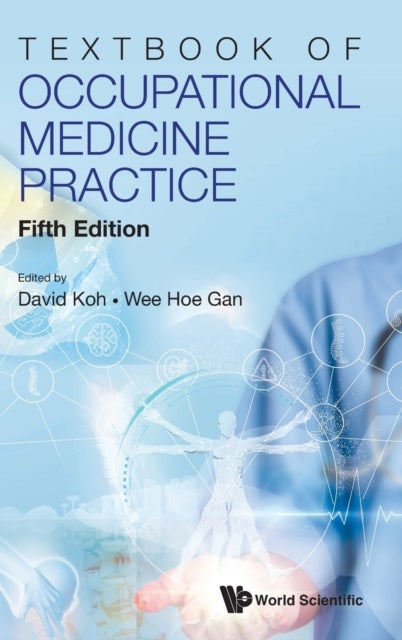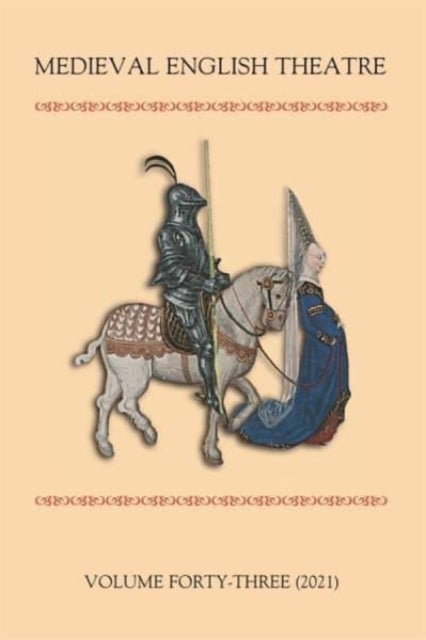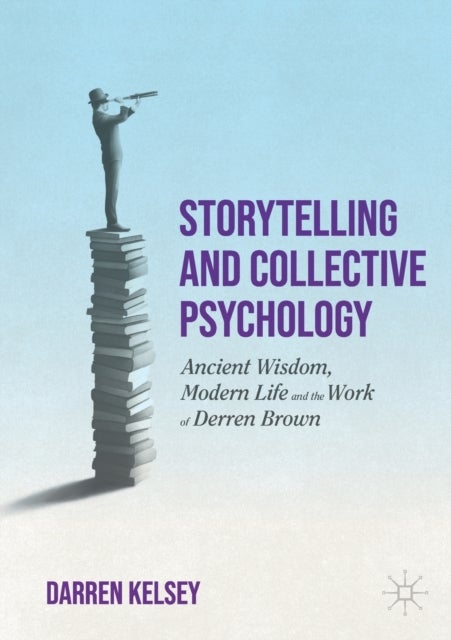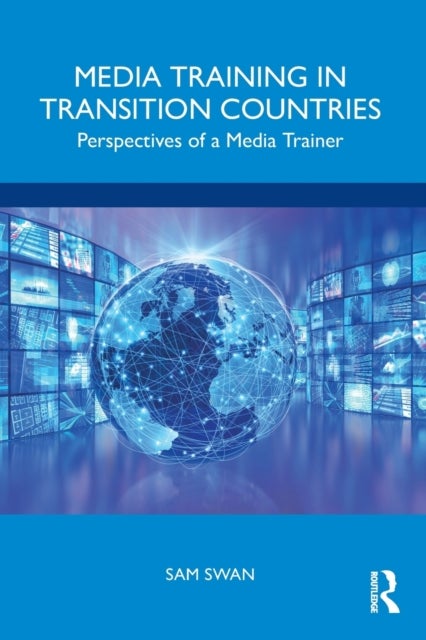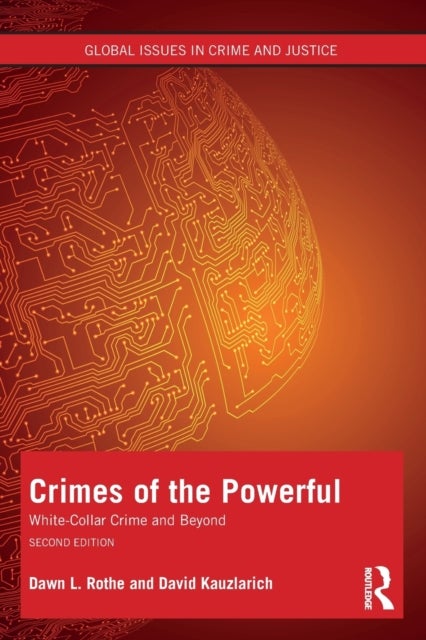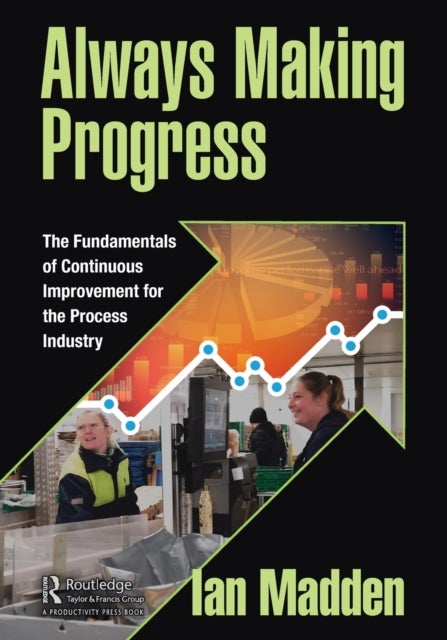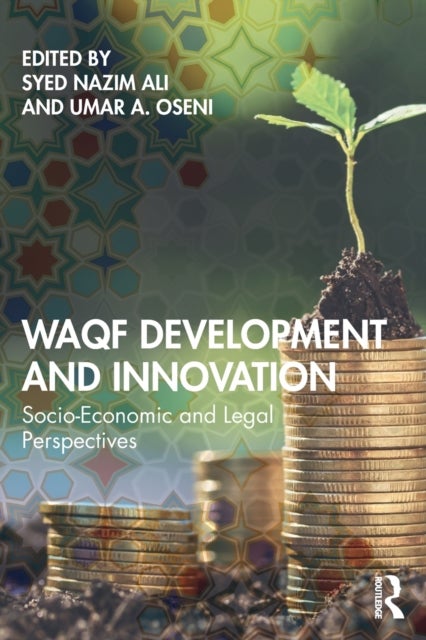
Waqf Development and Innovation
469,-
<P><EM>Waqf</EM> is one of the most potent socio-economic tools for reducing public sector deficit and breaking the chain of intergenerational poverty. Providing a high-level discussion on <EM>waqf</EM> development and innovation within the context of modern socio-economic and legal developments, this book examines the importance and potentials of <EM>waqf</EM> and the issues relating to its legal and regulatory framework.</P><P></P><P>The research delivers future directions for countries that plan to explore this socio-economic institution. Readers and policymakers will be able to replicate successful experiments and learn from some failed initiatives to seek alternative funding platforms to support the fiscal policies of developing countries. The volume discusses the relevance and novel application of <EM>waqf</EM> in the modern economic system and social development, it reviews applicable laws and regulations pertaining to <EM>waqf</EM> and trust laws and examines critical, cro

